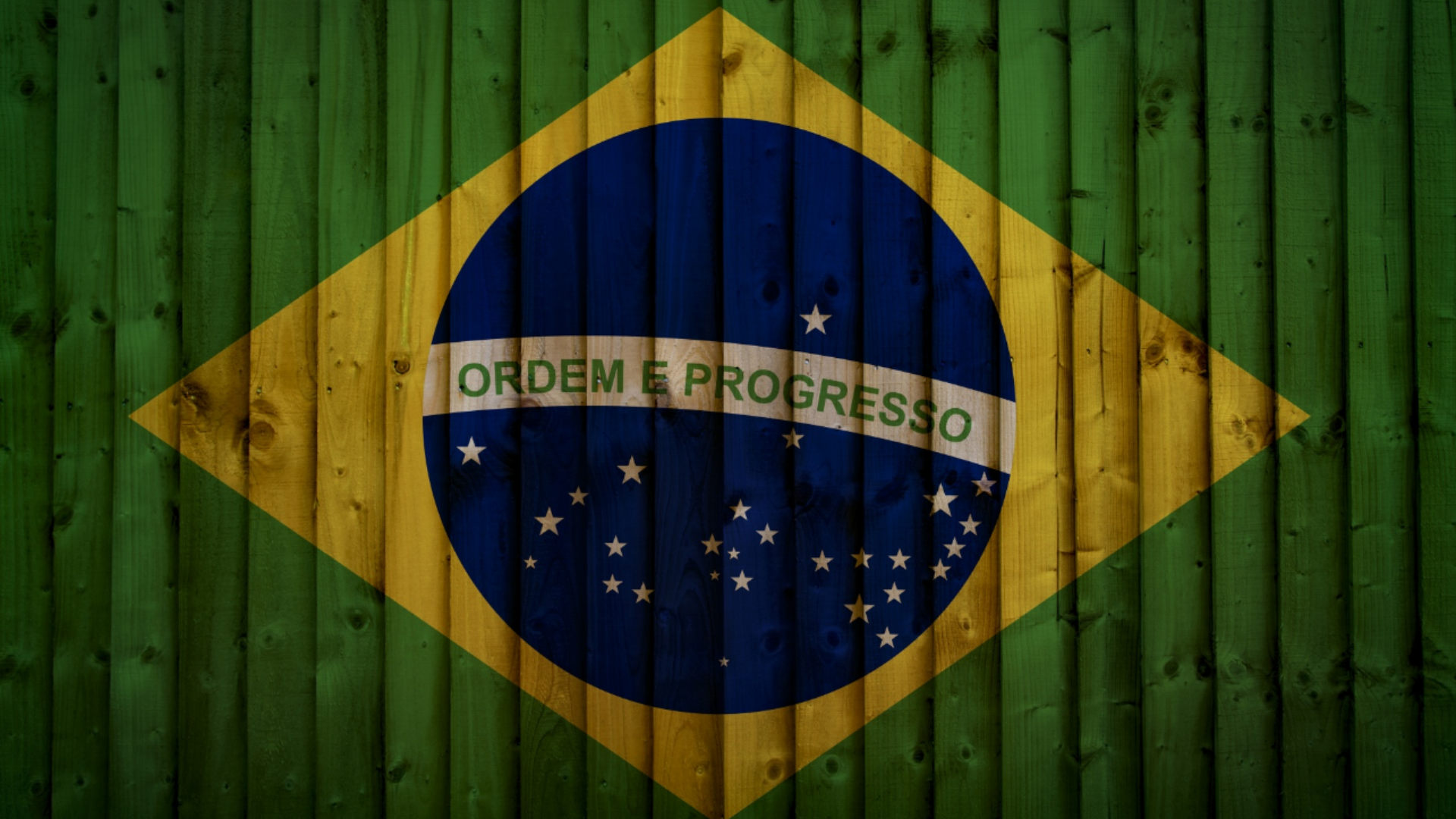120 million citizens of Brazil have voted, and Luiz Inácio “Lula” da Silva has been elected as Brazil’s next President. However, in the tight run-off race held on Sunday, he only beat the incumbent President Jair Bolsonaro by the tightest of margins, with the final result being Lula winning by 50.9 percent to 49.1 percent.

This narrow win indicates the deep division and political polarisation that now exists in Brazil. Those on the left are celebrating the victory of Lula’s Workers’ Party while the centrist parties that rallied around his campaign emphasise the need for moderation in government, and supporters of the far-right Bolsonaro take to the streets to protest and call for military intervention. Bolsonaro himself took two days to condemn the protests and agree that government officials could meet Lula’s team to prepare for the transition.
This will be Lula’s third Presidential term, after previously governing Brazil for two terms from 2003 to 2010. After the past four years with President Bolsonaro in charge, in which Amazon deforestation has accelerated dramatically and food insecurity among Brazilians has returned to levels last seen before Lula was first elected to the Presidency, the election marks a significant change of direction for the largest country in Latin America.
Both domestically and across the world, Brazil’s government has the ability to make a huge contribution to global efforts to mitigate climate change and reduce biodiversity loss. Ahead of the COP27 climate conference, much attention will be paid to Lula’s future policies to protect the planet’s largest forest reserves and precious biomes, including the Amazon and the Cerrado.
In the past Brazil has also played a critical role in global development more broadly – both in helping to shape multilateral initiatives such as the BRICS and global commitments such as the Sustainable Development Goals and in deepening bilateral development cooperation and trade with other Southern nations. In his victory speech Lula indicated he would begin a new outward-looking era for Brazil’s international relations.
Alex Shankland, IDS Research Fellow and convenor of the Brazil IDS Initiative, said:
“This victory marks a major inflection point in Brazilian politics, the effects of which will reverberate around Brazil and across the world. Lula’s previous period in office saw inequality reduced, deforestation in the Amazon slowed, and a more globally engaged Brazil contributing to significant development gains.
“As he comes to power again in January, Lula has big challenges to face – a deeply polarised society, an economy under strain, and worsening global food and climate crises. He has promised a return to many policies that proved successful when he was first elected, but Brazil and the world have changed a great deal since then. Yet there is no doubt that his renewed commitment to South-South cooperation and global development, his emphasis on the need to address climate change, and his commitment to bridging the political divide in Brazil mean that people both within and outside of the country can look ahead with a sense of hope.”
Lídia Cabral, IDS Research Fellow and expert on Brazil as a development actor, said:
“Lula has some big tasks ahead of him, including navigating a very fractured political landscape and deeply divided society. But his victory speech suggests a clear direction of travel that puts hunger and support to the neediest at the top of the agenda. After four years of inward-looking policy, Lula also pledges to re-insert Brazil in the international stage, re-engaging with debates on climate change and development.
“His emphasis on caring, healing, and rebuilding from the ground up will be crucial as Brazil looks to repair the damage of the last four years.”
Whilst there is now hope for a Brazilian policy regime that will prioritise both the environment and the most marginalised, tensions in the country remain high. With a tough election campaign now behind him, Brazil will be looking to Lula to put words into actions, and many critics continue to highlight the scandals and controversies that marked his last time in office.
The dramatic reductions in deforestation in the Amazon that he oversaw, for example, were accompanied by accelerated deforestation in the Cerrado biome, and environmentally destructive infrastructure projects. The world will now be watching closely as one of the world’s most environmentally, economically and politically important countries tentatively steps into a new era.
The Brazil Initiative is collaborating with key partners Cebrap on a seminar on ‘Brazil in the World’ to be held in São Paulo on November 29. A forthcoming IDS Bulletin in partnership with the University of Brasília will explore the Cerrado, agrarian justice and territoriality in Brazil, due for publication in the New Year.